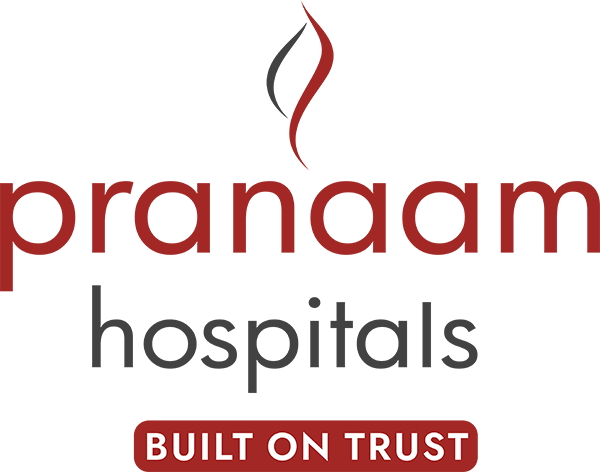The third trimester of pregnancy is a crucial time when the mother and the foetus go through major changes. As the latter weeks of your pregnancy approach, the state of your body and health become ever more important. These essential healthcare guidelines will help you navigate the challenges and guarantee a simple and comfortable third trimester.
Frequent Prenatal Check-ups: In order to monitor the health of both the mother and the unborn child, it is imperative that routine prenatal check-ups continue throughout the third trimester. Doctors may track the mother’s vital signs, keep an eye on the baby’s growth, and handle any new issues during these check-ups. Be proactive in addressing any worries or issues you may have, and keep communicating with your healthcare provider.
Keep Yourself Hydrated: It’s crucial to live hydrated while your body works harder to aid the growing child. Make an effort to devour eight to 10 glasses of water a day or more, as dehydration may bring about troubles such as preterm labour. If you have a problem consuming sufficient water, reflect on treating it with infusions or natural teas to make staying hydrated more enjoyable.
Balanced Nutrition: It’s critical for the mom’s and the child’s fitness to maintain a properly-balanced diet. Make certain quite a number of nutrient-dense foods, such as whole grains, dairy products, end result, greens, and lean proteins, are part of your diet. It is especially important to consume enough of the predominant nutrients and minerals, which include calcium, iron, and folic acid, throughout the third stage of pregnancy.
Regular Exercise: Light physical activity on a regular basis can help reduce back pain and edoema, two common discomforts linked to the third trimester. Exercises that promote greater general health include swimming, walking, and prenatal yoga. These activities are generally safe. Before beginning or continuing any fitness plan while pregnant, always get counsel from your healthcare expert.
Handle Discomfiture: Physical discomforts such as back pain, swelling ankles, and trouble sleeping happen frequently throughout the third trimester. Try using support pillows for better sleep, doing light stretches, and taking quick breaks to rest and elevate your legs in order to alleviate these discomforts. Swelling can also be lessened with the use of stockings with compression.
Track Fetal Moving: It’s critical to keep an eye on your unborn child’s movements during the third trimester. Foetal movement may reduce, which may indicate possible problems. Be aware of patterns and notify your healthcare practitioner right away if something noticeably changes. Frequent counts of fetal kicks will help you in monitoring your baby’s activities.
Make Labour and Delivery Plans: As your due date draws near, schedule childbirth education classes to help you get ready for labour and delivery. Learn how to manage your pain and become comfortable using breathing exercises and relaxation techniques. Create a birth plan and talk to your healthcare provider about it, ensuring your choices are respected.
Exercises for the Pelvic Floor: commonly referred to as Kegel exercises, these exercises help strengthen the muscles that support the uterus, bladder, and bowels. Practicing these exercises on frequently during the third trimester of pregnancy may help avoid urine incontinence and facilitate a more smooth recovery after childbirth.
Pregnancy’s third trimester is a period of planning and waiting. You may help ensure a happy and successful pregnancy by making routine prenatal care a priority, leading a healthy lifestyle, and quickly addressing any discomforts. Don’t forget to speak with your healthcare professional for tailored guidance based on your unique requirements and situation. During this critical time, you and your child will both benefit most from taking care of yourself.
Also Read: Benefits of practicing yoga for cardiovascular health
What is Arthritis?


